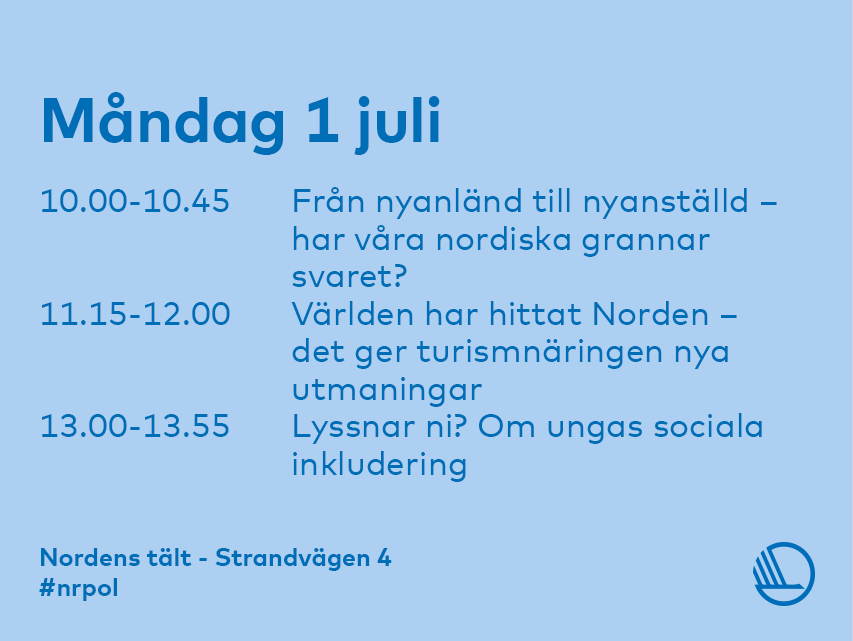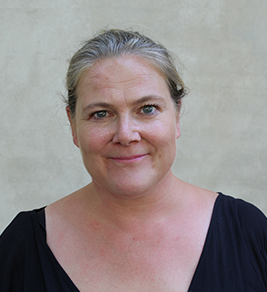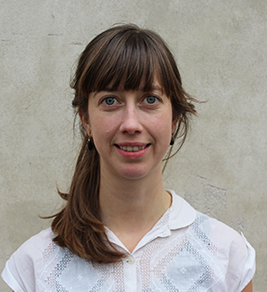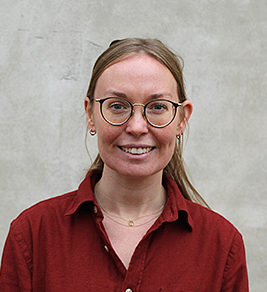Vulnerable youth who are not currently employed, in education or training, often referred to as NEET, is a growing group in the Nordics. Many of them are struggling with mental health problems and might be affected by the demographic and structural trends living and growing up in small Nordic communities. Nordregio’s new study shows that Iceland, Denmark and the Faroe Islands employ youth most effectively. Finland with high NEET rates is the only nation that has created a law to empower municipalities to find inactive youth and this approach already shows promising results in activating youth.
Youth meet biggest challenges in rural Sweden and Finland, and especially in Greenland where the NEET rate is 33,6% and sets the territory to its own category. Second highest NEET rates are found in Northern and Eastern Finland, 10,9%. Finland is the only Nordic country that has a new national legislation (Nuorisolaki) requiring municipalities to employ youth workers to seek out young people who are inactive. Local “Guidance centres” (Ohjaamo) show good results by providing individual guidance and finding and bringing youth back to active societal life.
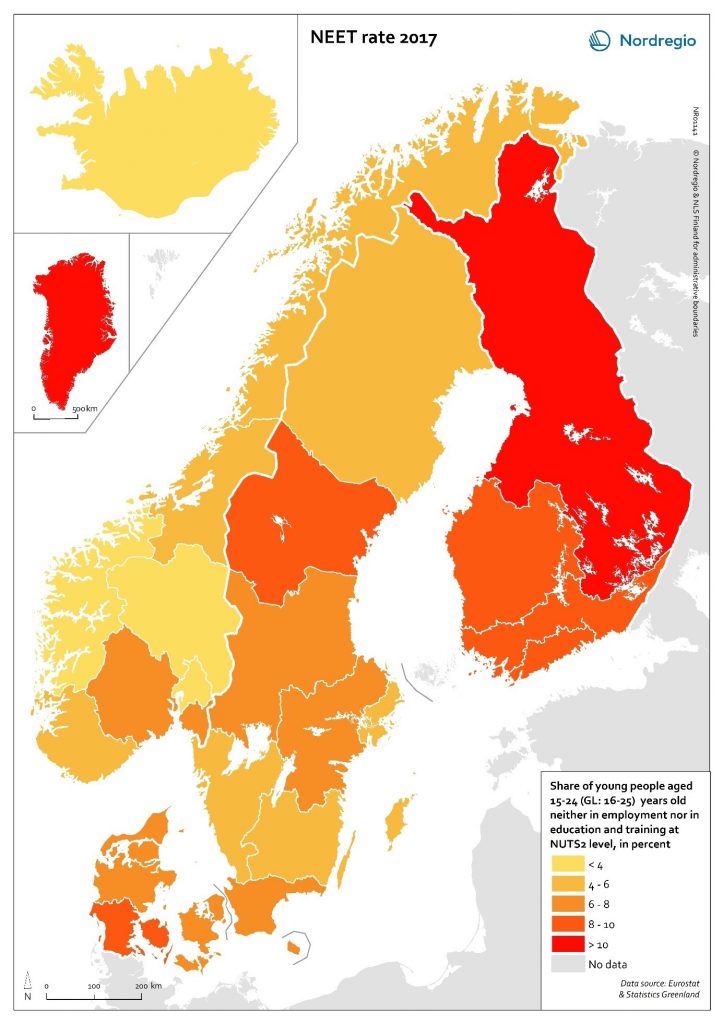
Youth need new solutions – Finnish “Guidance centres” provide help
Youth who are not in education, employment or training can be divided into three groups: ‘victims of recession’ who basically have suffered from lack of jobs, second group is ‘worker-citizens in the making’ who are on the path to becoming worker-citizens; they were enrolled in one or several vocational programmes but discontinued their studies at some point. What these NEETs have in common is that they have struggled with bad relationships in school and many have dealt with learning challenges. Third group is ‘troubled’ and they are suffering from some types of mental health problems.
– Our study shows that some of the challenges that young people are dealing with have been minor to start with, but the intervention and help to re-engage comes too late. This has made the pathway to recovery and activity more complicated, explains Senior Researcher Anna Karlsdóttir from Nordregio.
Many youngsters are at risk of developing long-term social exclusion, which may in future give rise to a number of social and health problems that can extend far into adulthood. This highlights the importance of early intervention and interventions that focus on the user, thereby emphasizing social interventions focusing on the user, like the Finnish local “Guidance centers” (Ohjaamo), where youth get personal guidance and support.
The report Enabling Vulnerable Youth in Rural Areas Not in Education, Employment or Training was commissioned by The Nordic thematic group on sustainable rural development 2017-2020. The thematic group also just published a report The Nordic Population in 2040 – Analysis of past and future demographic trends, both reports are found at Nordregio’s website.
The study will presented in Almedalen 1 July 2019 (Visby, Sweden) at the Nordic Council of Minister’s pavilion at 1pm.
